Neck and Shoulder Pain: A Common Problem

Neck and shoulder pain is a prevalent condition that affects individuals of all ages. Various factors can contribute to this discomfort, including:
- Poor Posture: Sitting at a computer for extended periods, slouching, or hunching over can strain the muscles in your neck and shoulders.
- Repetitive Motions: Activities such as typing, using a hammer, or playing sports can lead to pain in these areas.
- Stress: Stress can cause muscle tension, leading to pain.
- Injury: Sudden injuries, like whiplash from a car accident, can cause neck and shoulder pain.
- Arthritis: Conditions such as osteoarthritis or rheumatoid arthritis can result in pain and inflammation in the neck and shoulder joints.
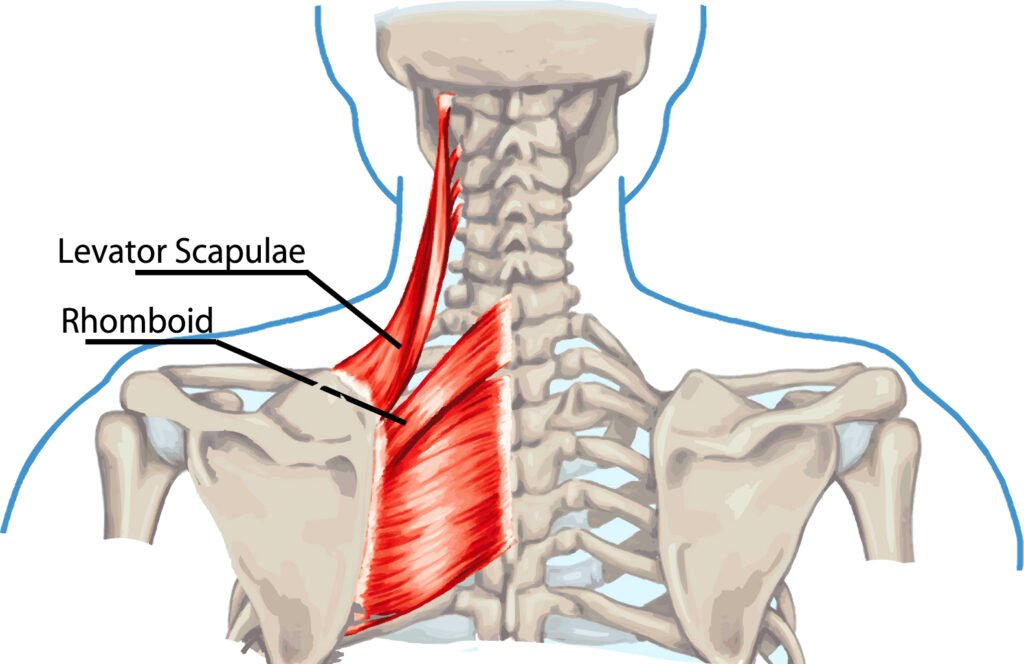
Acupuncture for Neck Pain and Shoulder Pain
The symptoms of neck and shoulder pain can vary depending on the underlying cause. Common symptoms include:
- Pain: This can be sharp or dull and may radiate into the arms or hands.
- Stiffness: Difficulty in moving the neck or shoulders.
- Tenderness: Muscles in the neck and shoulders may be sensitive to touch.
- Weakness: Weakness in the arms or hands.

Treating Neck Pain Spreading to Your Shoulders and Arms
In most cases, neck and shoulder pain is not serious and can be treated at home with rest, ice, and over-the-counter pain medication. However, if the pain is severe or does not improve with home treatment, consulting a doctor is advisable.
Tips for Preventing Neck and Shoulder Pain:
- Maintain Good Posture: Sit up straight with relaxed shoulders and a head aligned with the spine.
- Take Breaks: If sitting at a computer for long periods, take breaks every 30 minutes to move around.
- Stretch Regularly: Stretching helps improve flexibility and reduce muscle tension.
- Manage Stress: Engage in activities like yoga, meditation, or spending time in nature to manage stress.
- Strengthen Muscles: Strengthening neck and shoulder muscles can support the spine and reduce pain.
If you are concerned about neck and shoulder pain, consult a healthcare provider.
Eat These Foods to Support Your Muscles and Joints

Want to Have Strong Muscles? Follow These 5 Food Patterns to Build Muscle
Your muscles and joints are essential for mobility and overall health. As you age, maintaining their health and strength is crucial. A balanced diet with plenty of the following foods can help:
- ProteinProtein is the building block of muscle tissue. It’s vital to consume enough protein to help repair and rebuild muscle after exercise. Good sources include:
- Meat, poultry, and fish
- Eggs
- Beans and legumes
- Tofu and tempeh
- Nuts and seeds
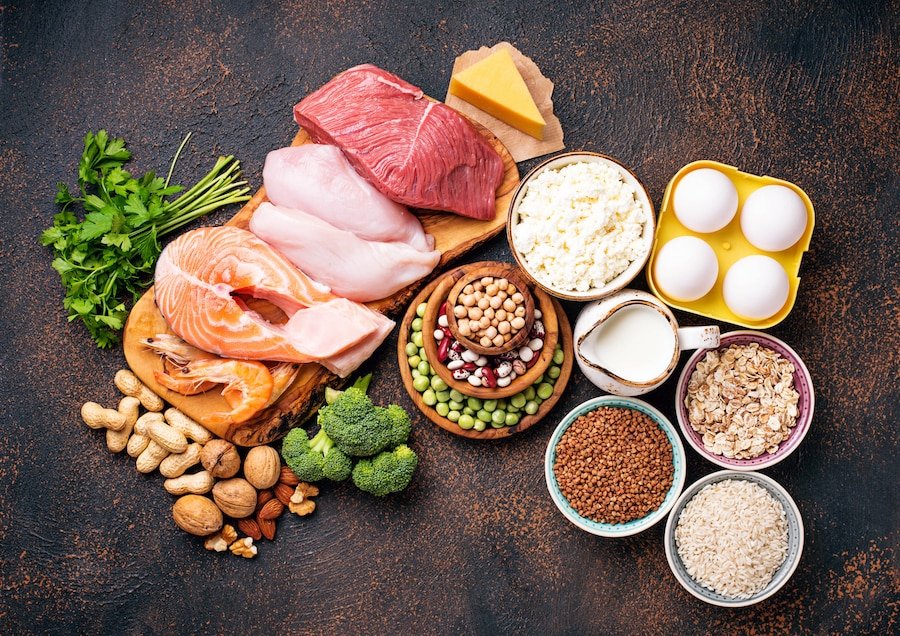
- CalciumCalcium is crucial for bone health, helping keep bones strong and dense and reducing the risk of fractures. Good sources include:
- Dairy products (milk, yogurt, cheese)
- Leafy green vegetables (kale, collard greens, spinach)
- Calcium-fortified foods (tofu, cereal, orange juice)
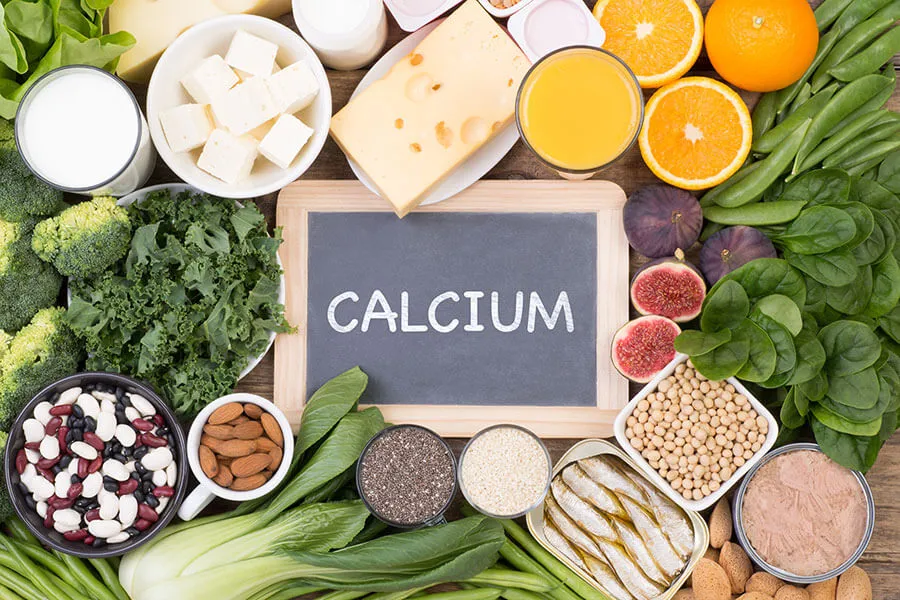
- Vitamin DVitamin D aids in calcium absorption and is essential for muscle function and immune health. Good sources include:
- Sunlight
- Fatty fish (salmon, tuna, mackerel)
- Fortified foods (milk, cereal, orange juice)
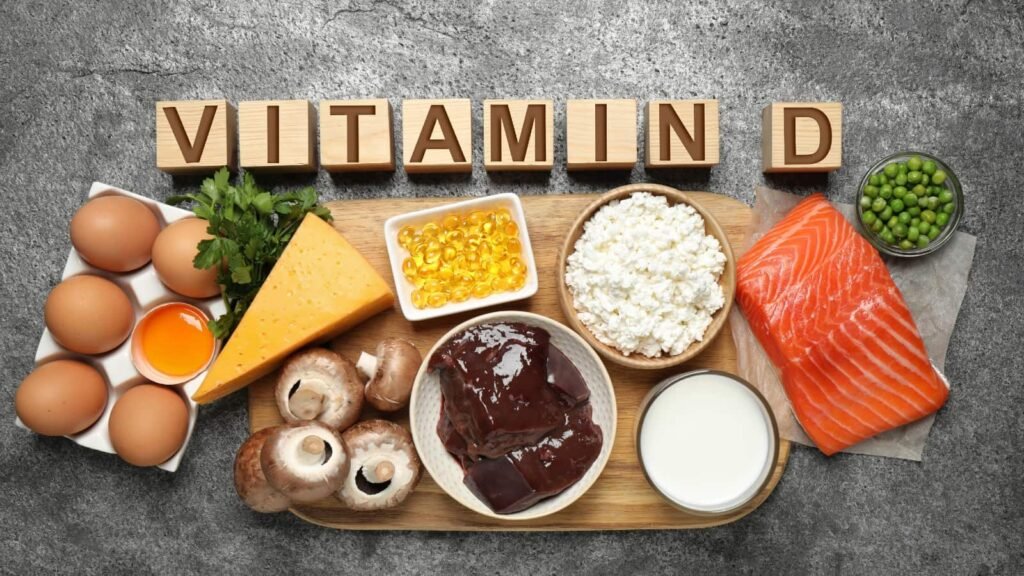
- CollagenCollagen is a protein that provides structure and strength to skin, joints, and cartilage. It can be found in animal products (bone broth, skin, tendons) and supplements.
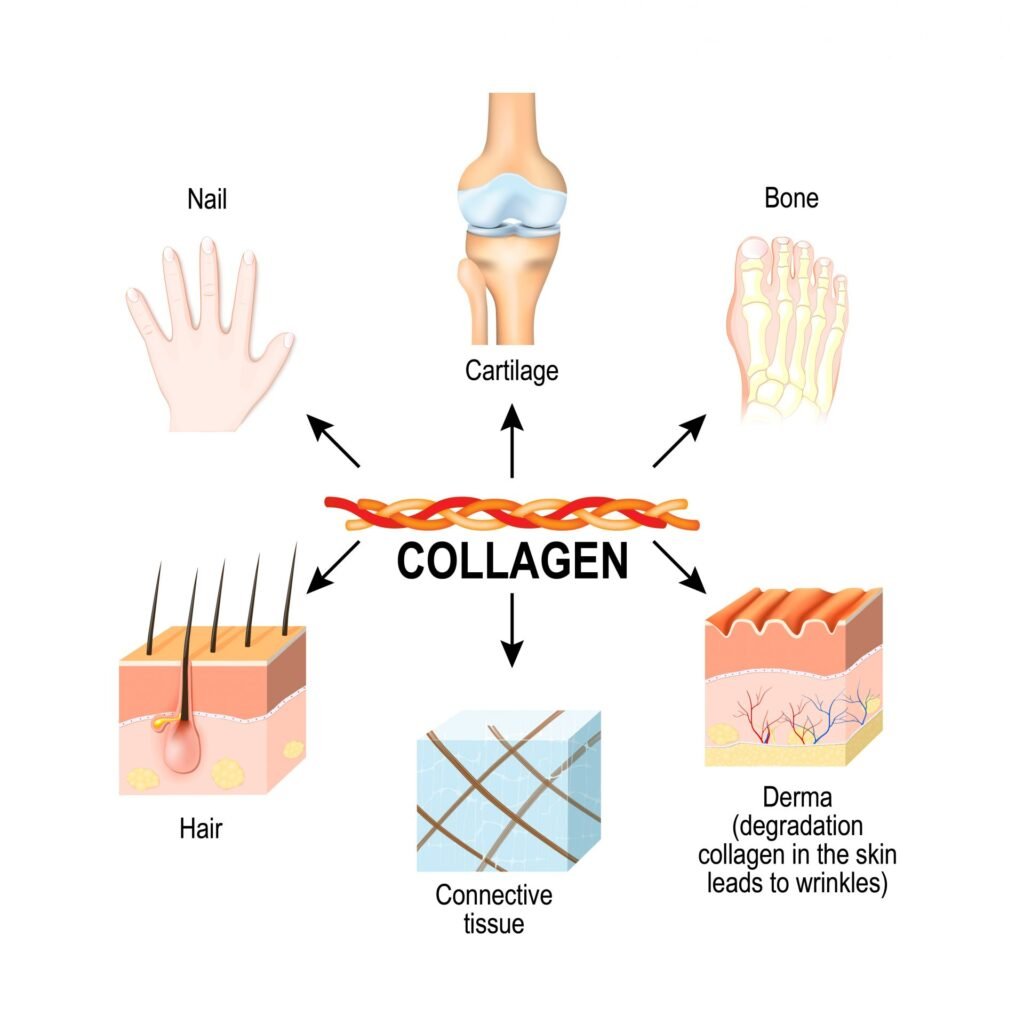
- Omega-3 Fatty AcidsOmega-3 fatty acids have anti-inflammatory properties that help reduce joint pain and stiffness and protect heart and brain health. Good sources include:
- Fatty fish (salmon, tuna, mackerel)
- Walnuts
- Flaxseeds
- Chia seeds
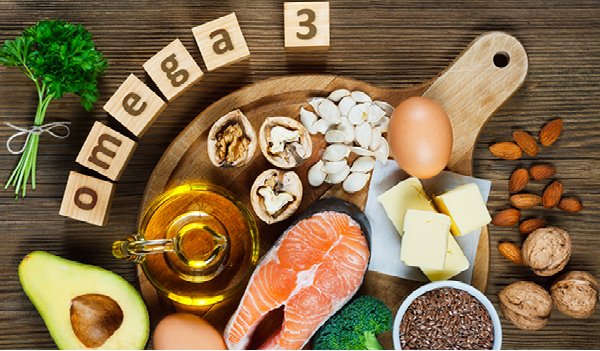
Additional Tips for Supporting Muscles and Joints:
- Get Regular Exercise
- Maintain a Healthy Weight
- Avoid Smoking
- Get Enough Sleep
If you have concerns about muscle or joint health, talk to your doctor. They can help create a personalized plan to keep your muscles and joints strong and healthy.
In addition to the foods listed above, other nutrients beneficial for muscle and joint health include:
- Vitamin K: Important for blood clotting and bone health. Good sources include leafy green vegetables.
- Magnesium: Essential for muscle function and nerve health. Good sources include nuts, seeds, and whole grains.
- Potassium: Helps regulate muscle contractions and fluid balance. Good sources include bananas, potatoes, and leafy green vegetables.
By eating a healthy diet rich in these nutrients, you can keep your muscles and joints strong and healthy for years to come.



